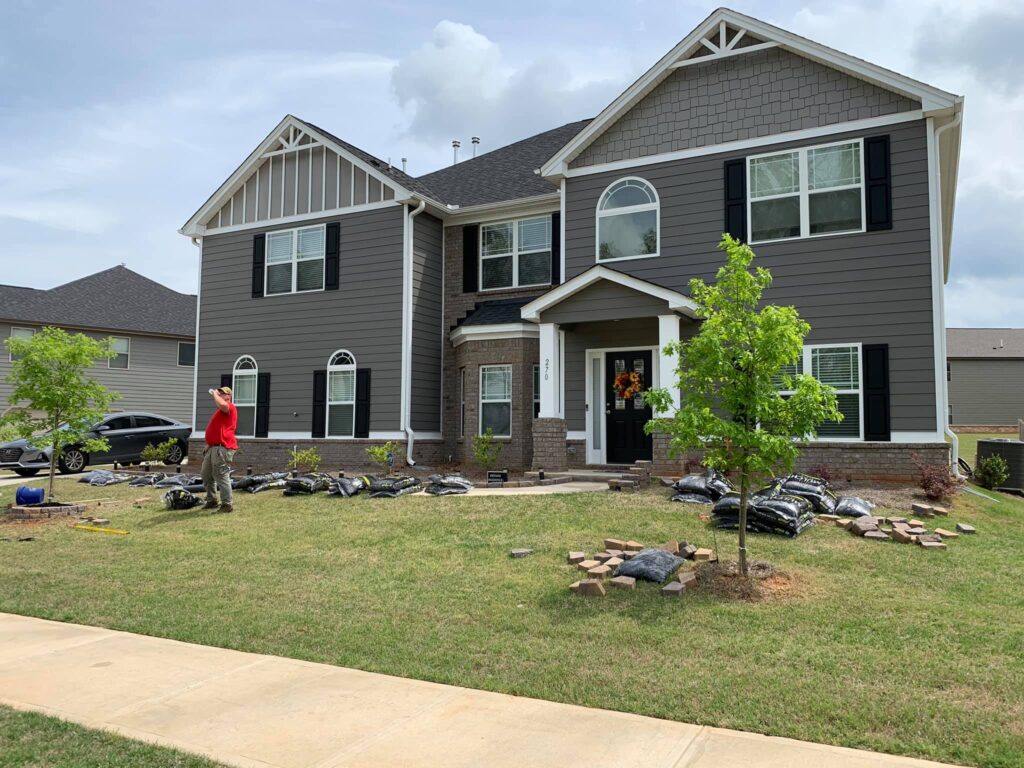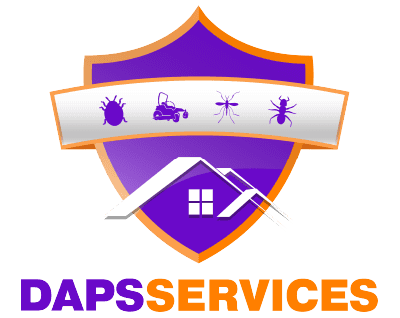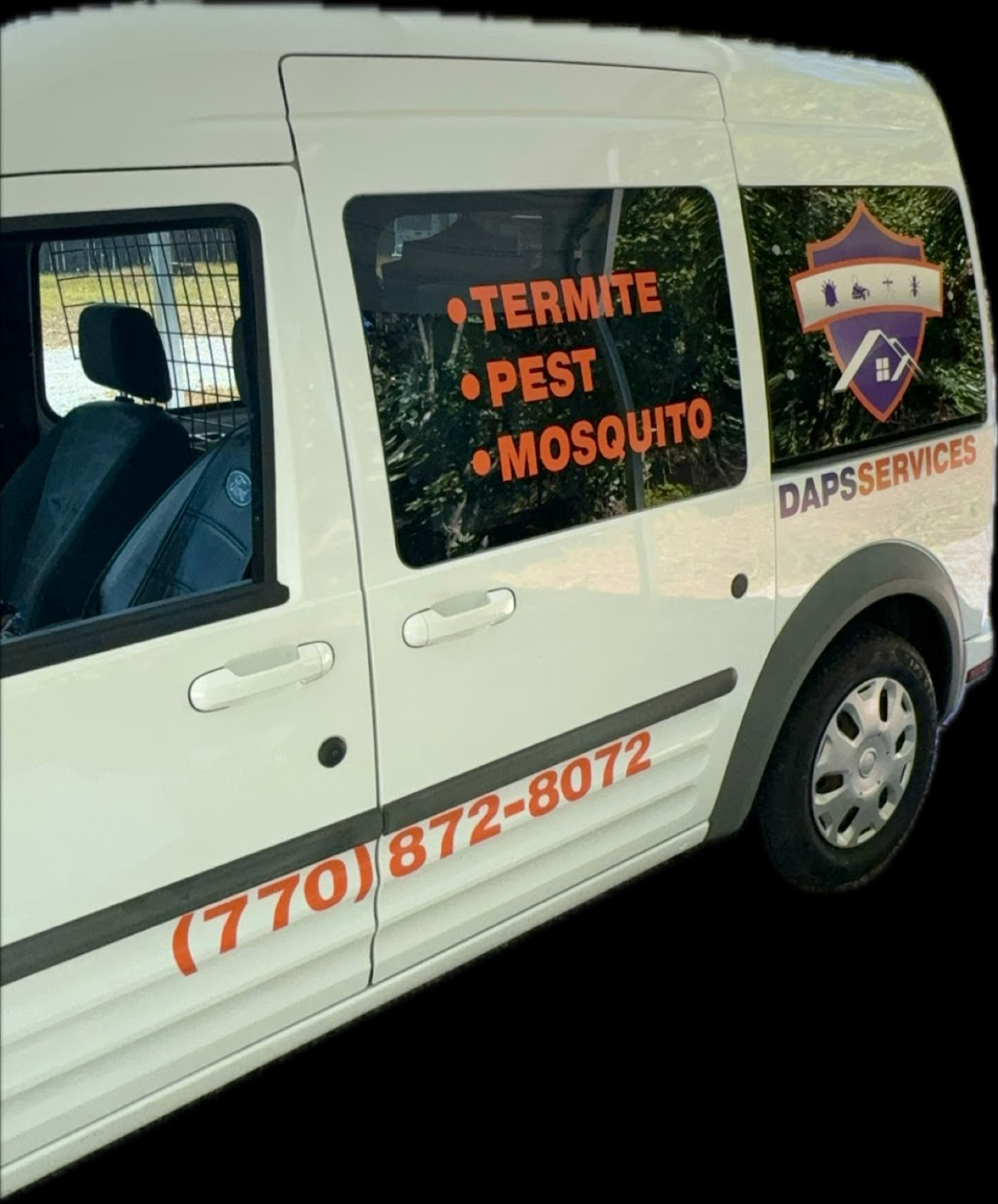Living in McDonough or anywhere in Georgia means dealing with pests year-round. The warm, humid climate creates perfect conditions for everything from ants and mosquitoes to termites and rodents. When these unwanted visitors threaten your home, you need a pest control plan that works for your specific situation.

Know What You’re Up Against
Before signing up with any pest control company, figure out what pests you’re dealing with. Different pests need different treatment approaches.
Ants commonly invade kitchens and bathrooms seeking food and water, while termites silently damage wooden structures and can cause thousands in repairs. Mosquitoes breed in standing water and pose health risks beyond just annoying bites. Meanwhile, rodents can damage wiring, spread disease, and multiply quickly. Some pests like bed bugs require specialized treatment methods, and certain spider species can be dangerous.
A one-time treatment rarely solves ongoing pest problems. Most homes need regular service to maintain protection.
Types of Pest Control Plans
Pest control companies typically offer several service options to fit different situations:
- One-time treatments address specific pest issues but provide no ongoing protection. They work best for handling sudden infestations but won’t prevent future problems.
- Quarterly service plans are the most common option for homeowners. These provide service every three months to maintain a protective barrier around your home and cover most common household pests. They usually include free return visits between scheduled service if pests return.
- Monthly or bi-monthly plans work better for properties with higher pest pressure, especially homes near wooded areas or water sources. These more frequent applications handle persistent pest problems and work well for homes with previous severe infestations.
- Specialized services address specific concerns like termite protection (usually with annual inspections), mosquito control (seasonal treatments focusing on yard areas), wildlife removal, and specialized bed bug treatments.
Assessing Your Specific Needs
To determine which plan works best for you, consider several important factors about your property and situation. Your home’s size, construction type, and age matter—older homes often have more entry points for pests. Nearby water sources like ponds or creeks attract certain pests, as do surrounding wooded areas or neighboring vacant properties.
Your history with pest problems should guide your decision. Consider whether you’ve dealt with recurring infestations, which specific pests have caused problems in the past, and whether your pest issues follow seasonal patterns.
Family considerations also play a major role in choosing the right plan. If you have children or pets, you’ll want safer treatment options. Anyone in your home with allergies or sensitivities might require special accommodations. Think about whether you’re comfortable with conventional treatments or prefer eco-friendly options for peace of mind.
What Makes a Good Pest Control Service
When evaluating pest control companies, look for those offering a thorough inspection process. Quality providers check your home from top to bottom, inside and out, identifying current pest activity and potential entry points. They look for conducive conditions that attract pests and develop customized plans based on your specific situation. Skip companies that offer generic treatment plans without a proper inspection.
Effective treatment methods matter just as much as thorough inspections. The company should use products appropriate for your situation while considering your family’s safety. Their approach should target specific pest problems rather than just spraying everywhere. The best services treat both interior and exterior areas as needed and offer eco-friendly options when possible.
Remember that pest control isn’t a one-and-done solution. Look for residential and commercial pest control companies providing regular follow-up services with scheduled maintenance visits. They should guarantee their work between scheduled services and return at no extra charge if pests come back between visits, providing ongoing protection that prevents future infestations.
The best pest control companies explain what pests you have and why they’re attracted to your home. Good technicians show you problem areas and suggest changes to prevent future problems, from fixing leaks to removing debris. They help you understand how their treatments work so you can be an active participant in keeping your home pest-free.
Making the Final Decision
After researching your options, consider these key factors before signing up:
- Service guarantees – What happens if pests return between scheduled visits? Is there an additional charge for return visits? How quickly will they respond to emergency pest issues?
- Experience and reputation – How long has the company been serving your local area? Are they well-reviewed by neighbors and online? Do they have proper licensing and insurance?
- Cost vs. value – The cheapest option isn’t always the best. Compare what’s included in different service plans and consider the long-term cost of recurring pest problems. Many companies offer discounts for annual plans.
Pay attention to communication and customer service during your initial interactions. Professional technicians should be knowledgeable and willing to answer questions. The company should explain its process clearly and make scheduling easy.
Ask whether the same technician will service your home regularly, as this consistency often improves results.Take time to research your options, ask questions, and select a pest control provider you trust to keep your home pest-free year-round.

